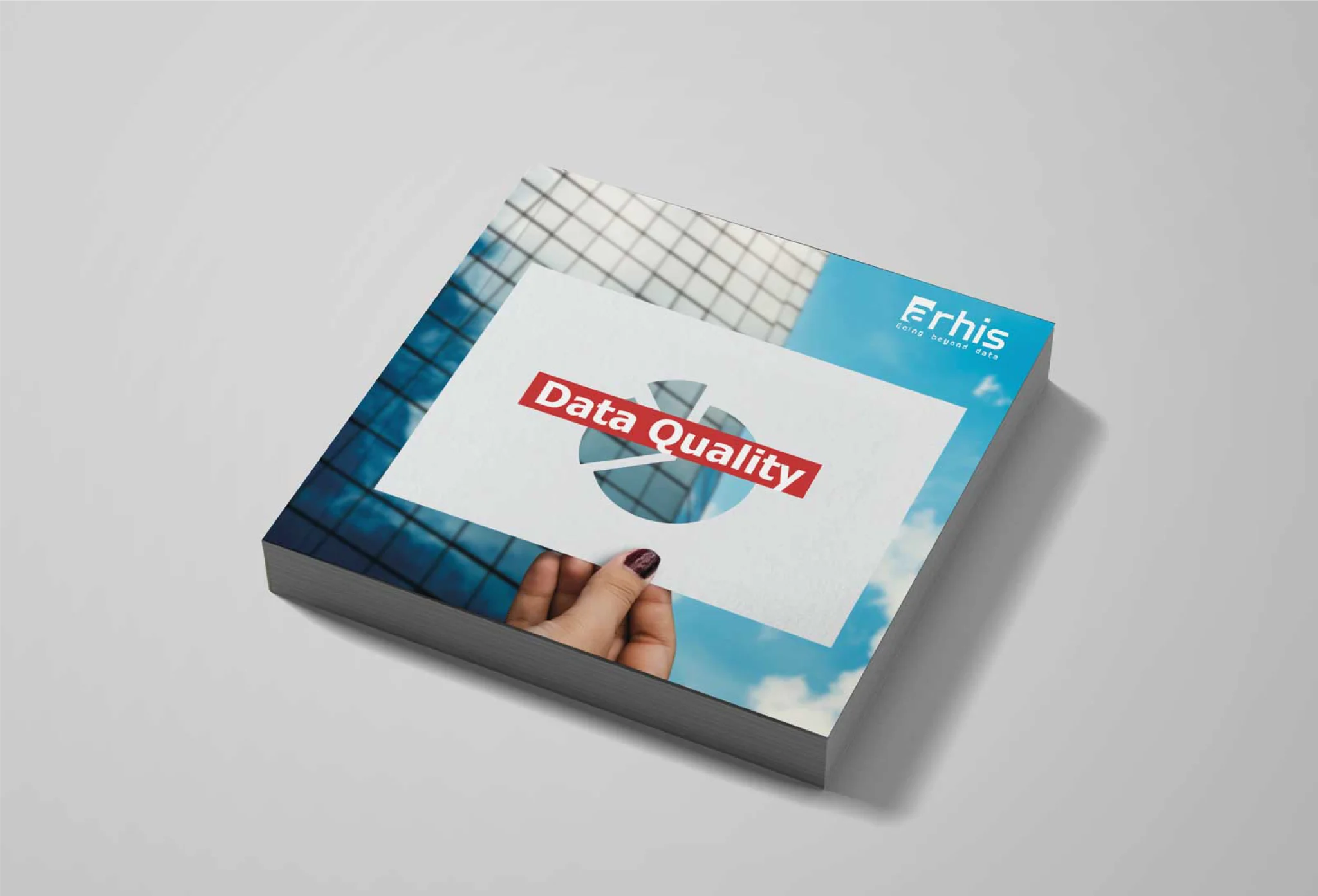Data has become an asset, and its quality is at the heart of business performance.
Data is tied to two closely interrelated issues:
- Operational optimization: freeing up internal stakeholders’ time and ensuring the reliability of what is exposed on digital fronts.
- Mastering information: enabling data experts to leverage data, particularly within analyses and business indicators.
1. There is a foundational set of common requirements that define the main quality criteria:
- Completeness.
- Accuracy and consistency of data.
- Adherence to values and formats.
- Uniqueness.
- And also validity over time: the data must be the most recent and always accurate.
2. Data quality is part of a broader framework: data governance.
Governance is organized around the following best practices:
- Profiling data to understand its structure and quality.
- Organizing and monitoring/reporting the data life cycle.
- Data Owners to prioritize the needs of business teams.
- Product Owners to manage application upgrades.
- A team of Data Stewards to handle day-to-day data management.
3. Data preparation is the key to information quality.
👉🏼 Gather, combine, structure, and organize data.
- Cataloguing and attention to metadata to facilitate search and retrieval.
- Transformation workflows (completeness, correction, validation).
- A storage model that speeds up data access.
- Enrichment through cross-referencing with external databases to correct or complete certain values.
- Algorithmic and/or ML processing to add indicators that qualify the information and enhance its usability.
What to remember
To combine operational efficiency with data management, one solution is becoming increasingly essential: data centralization within platforms.
- For referential data: MDM (Master Data Management).
- For all data: enterprise data platforms, increasingly adopting the ‘Lakehouse’ model.
The key to success?
👉🏼 Combining technical and business expertise by leveraging the knowledge of Data Engineers and Data Analysts.
BIC accelerates its digital transformation
Exclusive interview de Pierre DAURCES – Master Data Architect – 🏢 BIC is an iconic international company, known for offering accessible, high-quality products in three...
Bonduelle transforms its product data to remain industry leader
Exclusive interview with Sabrina LENNE – IT Commerce & Marketing Manager – 👉🏼 Step behind the scenes of the PIM project – Bonduelle. 📌 The Bonduelle Group is a major...
Product Information Management : Feedback
Notre expert nous explique pourquoi un Product Information Management est essentiel pour votre activité.
What is a data pipeline?
QUELLES SONT LEURS DIFFÉRENCES ? Digital transformation means coordinating tasks within an integrated application ecosystem. These tasks are often cross-functional and...
PIM or PMDM : two different solutions?
WHAT ARE THE DIFFERENCES? PIM (Product Information Management) and PMDM (Product Master Data Management) are solutions designed to build and manage a company’s...
Data Mesh Concept
“Data Mesh” has become a buzzword. It aims to empower business units to activate their data. Is it an organization focused on the democratization of practices or a new...
C of Customer Data Platform
The name “Customer Data Platform” literally means a platform dedicated to the field of customer data. At a time when many companies are adopting enterprise data platforms,...
The 4 typical features of Master Data Management
MASTER DATA MANAGEMENT, WHAT IS IT? MDM (Master Data Management) is a packaged solution that adds value to the scope of reference data. It impacts organization and practices...
Data Quality
Data has become an asset, and its quality is at the heart of business performance. Data is tied to two closely interrelated issues: Operational optimization: freeing...
Using low code in the data pipeline
In what context is the use of low-code relevant? Low-code (and even no-code) platforms promise faster time-to-market for deploying new applications. This promise is especially...

